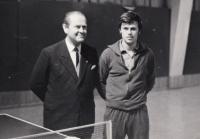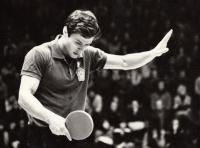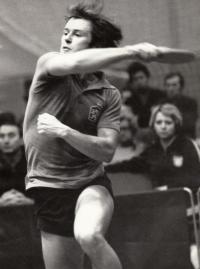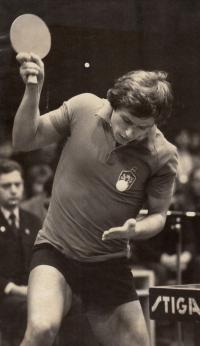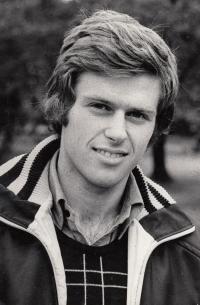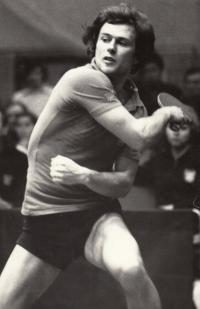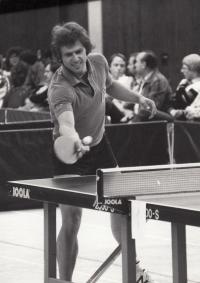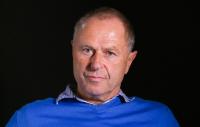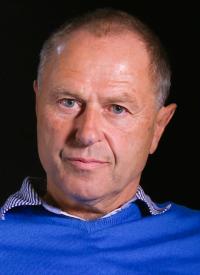Pragosport’s only role was to take our money
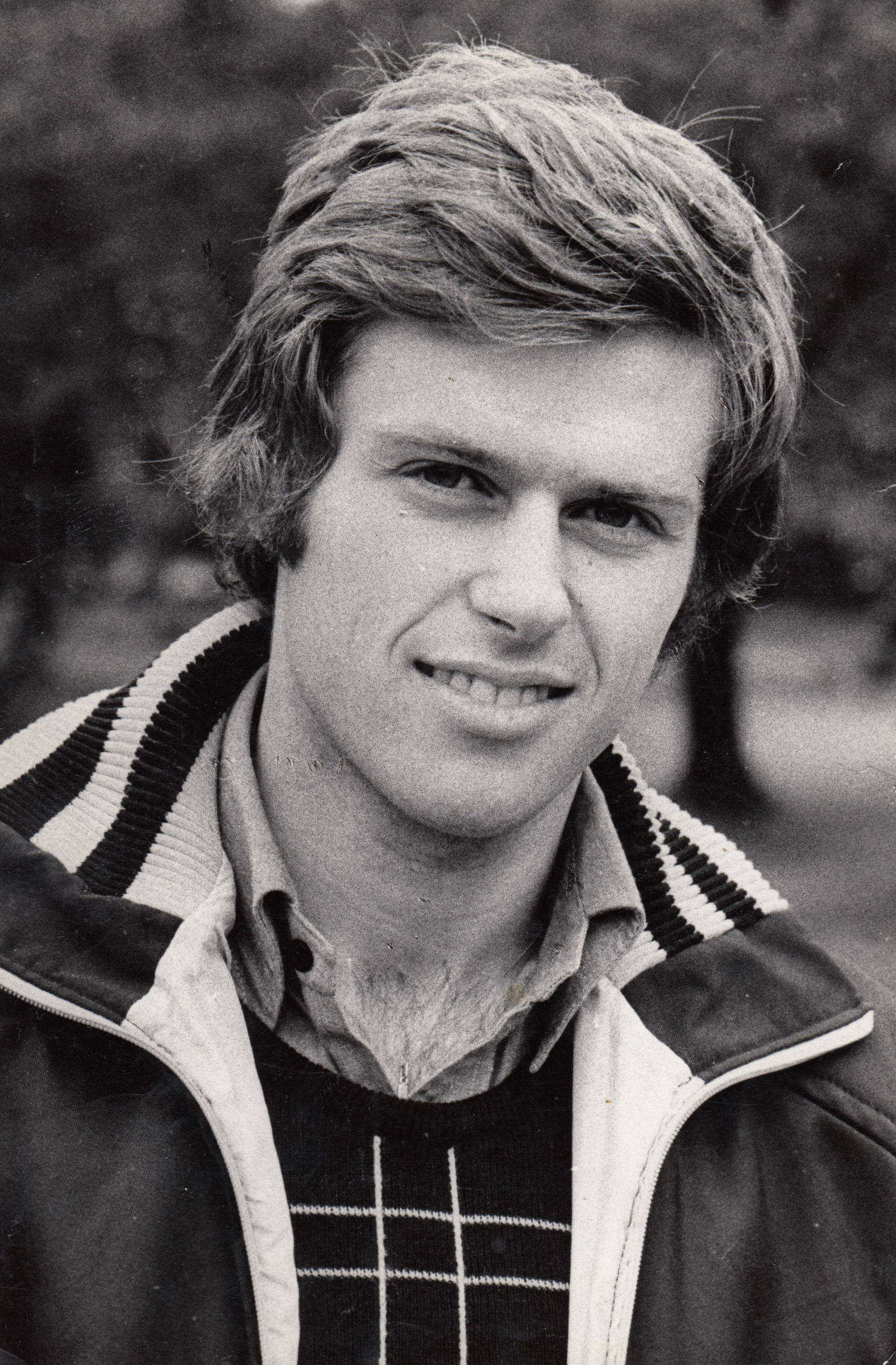
Download image
Milan Orlowski was born on 7 September 1952 in Prague. His father was a successful hockey player, football player and also played table tennis. Milan started with hockey and football but was best at table tennis. As a sixteen-year-old, he won the European Junior Championship and soon after made it to Czechoslovak national team. In 1970, aged eighteen, he took part in the World Championship in Nagoya, Japan which got him to the European and international ranking. He got spotted by a private company which started to sponsor him and a year later, got invited for a training camp in Japan where he was couched by the best local players. In 1983, he got the opportunity to play the West German Bundesliga and moved to Bayereuth. From 1997, he coached the Czech national team for two years but then began playing again, instead. As a 37-year-old, he and Jindřich Panský toured the world with their exhibition game. Later, he started playing for the team TK Praha which he helped advance to the first league. He trained to be a TV repairman and then studied electrical engineering and a hotel school. During his whole career in Czechoslovakia, he was officially employed as a steelworker. In his recounting, he also talks about the financial side of professional sports in Czechoslovakia, the role of Pragosport, and his experience with international tours.
